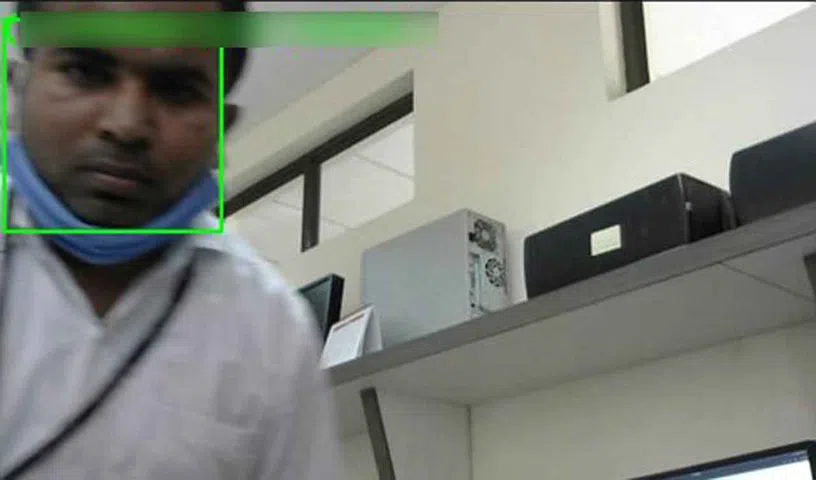
Hyderabad: The Telangana State Government Doctors Association (TSGDA) has strongly opposed the National Medical Commission’s (NMC) directive to replace the existing biometric attendance system in medical colleges with a facial recognition-based Aadhar-Enabled Biometric Attendance System (AEBAS).
In a letter to the NMC Chairman, TSGDA has raised serious concerns over privacy violations, data security, and what they describe as an erosion of professional autonomy. The association has urged the NMC to reconsider the mandate or exempt clinical faculty from the system’s use, citing the unique challenges faced by government doctors.
The Controversial Directive
On April 16, the NMC issued a circular mandating all private and government medical colleges to implement facial recognition AEBAS for faculty and administrative staff by May 1, 2025.
Doctors Push Back
The doctors argue that the system:
- Infringes on privacy and data protection norms.
- Faces frequent technical glitches, especially in areas with poor internet connectivity.
- Fails to account for flexible work hours, emergency duties, and fieldwork often undertaken by doctors.
- Damages morale, promoting an atmosphere of mistrust and micromanagement.
“We already have robust administrative mechanisms to monitor attendance and performance,” the TSGDA said. “This system is redundant, invasive, and counterproductive.”
Call for Dialogue
The association has demanded that the NMC adopt a consultative approach and involve stakeholders and medical associations before enforcing such sweeping changes.
The NMC is yet to respond officially to the concerns raised by the Telangana doctors.

